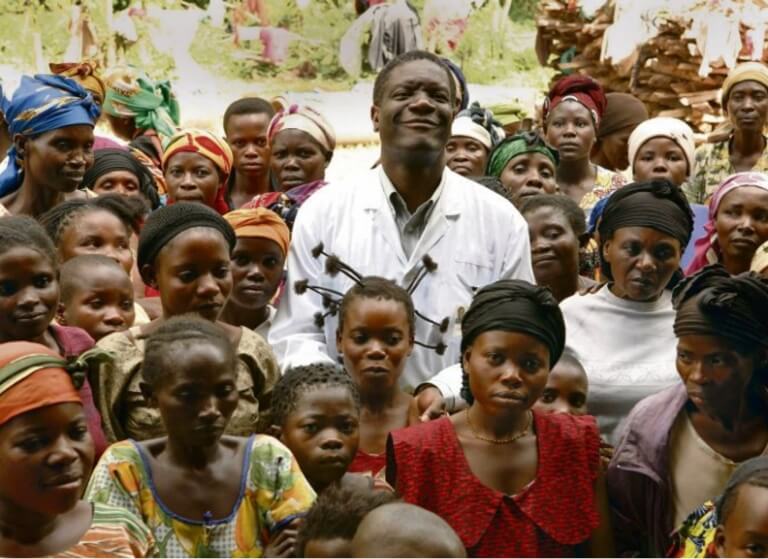Executive Summary
In 2019, RAINN presented and engaged in multiple briefings with dozens of high level officials from the EMEA (Europe, Middle East, Africa) region. These officials included judges, chiefs of police, social workers, and mental health professionals from fourteen different nations in Africa. We presented on US based policy and the use of sexual assault kits. A recurring theme from these briefings was the need for more resources. Internally at RAINN we began conversations on how we might be able to assist. We knew it was critical to hire a researcher on the ground and we were lucky to find Theresa Akpoghome, a professor at Benson Idahosa University in Nigeria. In coordination with RAINN, Theresa and her team, including Okwe Millicent Nwanneka, Chukwu Chidimma, Asiegbu Cynthia Chinwendu, Tony-Ikiba Tamuno-Tonye, Nyerhovwo Umukoro, Ereku Tsola Mary, Mwanaidi Kombo (Tanzania),Godwin Akpoghome, Friday Iyobosa Urhoghide, Anthonia Osunde-Aziegbhemhin, Okungbowa Pat, Egbehi Samuel and Theophilus Nwano, embarked on months of research and their initial draft report included extensive in country conversations with government and non-governmental stakeholders and sexual assault service providers. Based on needs conveyed from the stakeholders in these countries doing the work on the ground in some of the most violent conflict zones in world, RAINN is calling on the United States to provide substantial foreign aid to address gender based violence in Africa. Specifically, we have asked the Biden Administration to match EU funding for the "Spotlight Initiative" co-chaired by Ms. Amina J. Mohammed, who is the Deputy Secretary-General of the United Nations and former Minister of Environment of the Federal Republic of Nigeria. We are also calling on Congress to appropriate over one hundred million dollars to build capacity for post-rape care services like those provided by Dr. Mukwege and Panzi Hospital.

Dr. Denis Mukwege
Founder and Medical Director
Panzi Foundation
When we founded Panzi Hospital in 1999 in Bukavu, the capital of South Kivu Province, I intended it to be a center of excellence and safe place for women in my community to deliver, in an area of the world with sky-high maternal mortality rates. I could never have imagined that my first patients would not be laboring mothers, but instead women and girls who had been raped with extreme violence. We are no longer facing a simple humanitarian crisis, but a true crisis of our humanity. Therefore, it is our common responsibility to respond to the needs of survivors that society has failed to protect in a timely manner.
This is what we have been striving to do for more than 20 years at Panzi, where cycles of violence persist to this day in the context of a volatile political and security situation that continues to deteriorate. To address the consequences of these cruel, inhumane, and degrading acts committed on the bodies of women and girls--sometimes even babies as young as six months old--and to meet the various needs of survivors, we have developed a holistic care model to provide a comprehensive care package to victims.
The "One Stop Center" model has been developed progressively over the course of our experience to respond to the different needs of our patients in one place, so that they only have to tell their story once - thus avoiding re-traumatization - and are then guided through an internal "à la carte" referral system, where they can receive personalized accompaniment centered on their needs, which includes psychological and medical care, economic and social reintegration and free access to justice.
This One Stop Center model has the potential to be replicated in other areas of the world where sexual and gender-based violence is prevalent, both in regions experiencing conflict and those that are experiencing relative peace. We aspire to have this holistic care recognized as a human right to rehabilitation for all survivors of sexual violence – in DRC and around the world – and applaud RAINN's efforts to mobilize elected officials to allocate federal funds to enable the establishment of "One Stop Centers" in the DRC and in various African countries plagued by sexual violence.